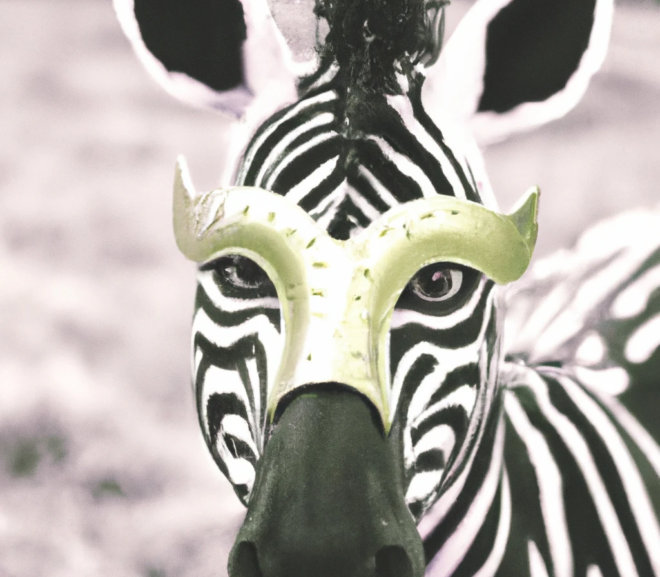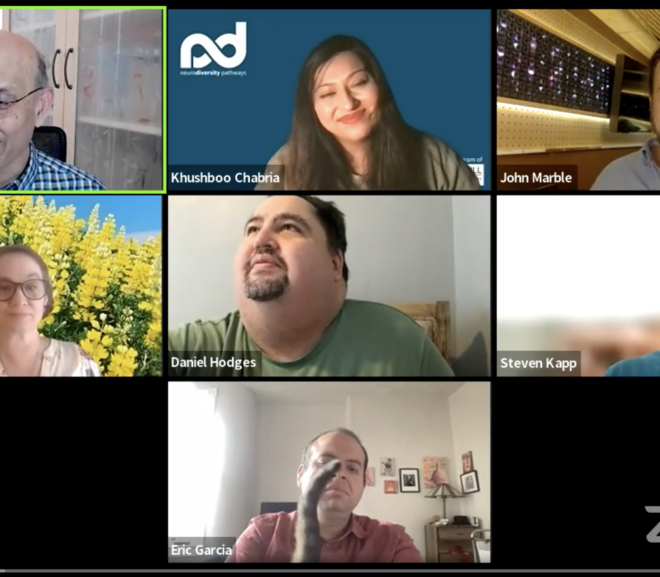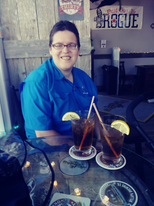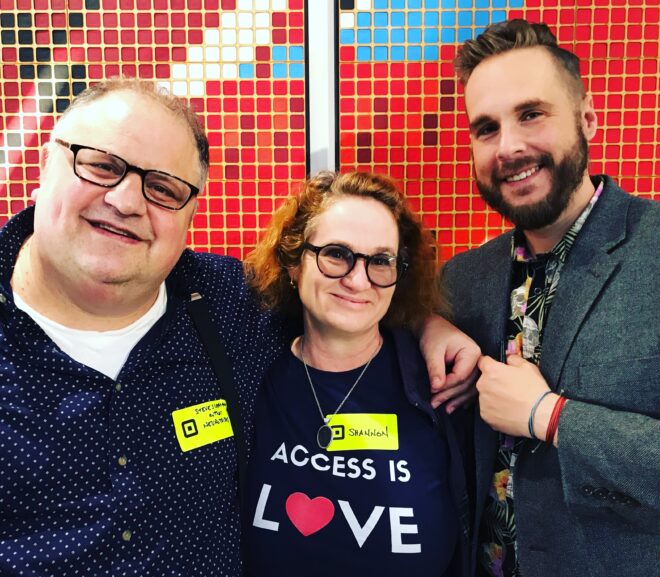No, ABA therapy cannot affirm neurodiversity, not without becoming something that is not ABA therapy.
Category: acceptance
The book Neurodiversity for Dummies is happening because there really is a dearth of accessible information and resources. This listening session is a conversation about what neurodiversity is, and what neurodivergent people need to thrive.
Autistic people tend to benefit from acceptance much more than from awareness, as awareness is passive whereas acceptance is a choice. Here are ten ways you can honor Autism Acceptance, and autistic people of all ages.
The Fire, The Water, and Maudie McGinn is an absolutely wonderful, important book for kids that don’t have a voice and may not be able to identify abuse or know how to talk about it. Fantastic for autistic and allistic readers alike.
You can listen and understand and believe and respect autistic adults every bit as much as you do those things with autistic children. If you don’t, you’re being ageist.
This idea that people with intellectual disabilities cannot learn is a very dangerous idea and it leads to us being harmed. I think it is important to autistics with intellectual disabilities that we get the support to learn.
“For too long autistic children have been just taught what they should do to fit in a neurotypical mold, instead of being taught who they are as autistic people, and who neurotypical people are as a neurotypical people, and how to appreciate both, and build translations between the two.”
I feel things so intensely, and when that’s a good emotion, it’s the best thing in the world. I feel joy with every bone in my body. When someone else is happy, I feel it too.
When we are far more willing to believe in the capacity for communication of animals and aliens than we are in that of nonspeaking and intellectually disabled autistic people, and extend our research and creativity towards mutual understanding, no, I have to reject the assertion that “Some autistic people just can’t communicate.”
I believe that the best way to understand autistic minds is in terms of a thinking style which tends to concentrate resources in a few interests and concerns at any time, rather than distributing them widely.









